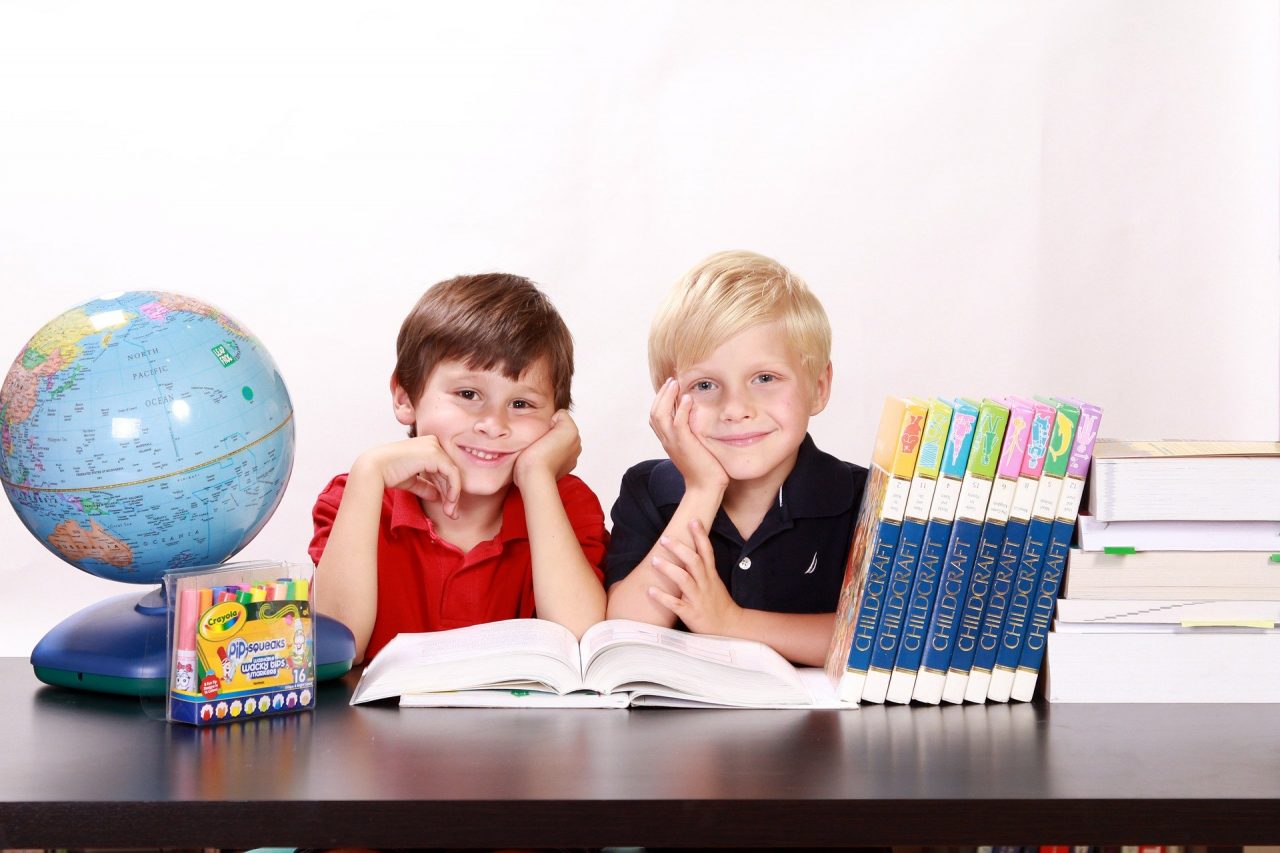How Strange Bedfellows Can Save Science
In early learning, this inability to capitalize on research comes partly from a scarcity narrative that says there is no public money available, and by ingrained mindsets in some policymakers who think parents should just manage things on their own. What’s more, parents and policymakers alike might think that nature is more important than nurture, and that children’s destinies are fixed from the time they are born, but research shows that nurturing a child’s brain in an active, loving, positive environment is important to their future lives. Study after study has shown that investing in early learning and family-support programs, such as home visiting programs for first-time mothers, enables children to grow into adults with the social skills, knowledge, and empathy that we need in the next generation. Raising children requires resources and time that many parents don’t have.
Many parents fill in gaps for preschoolers unable to go to in-person programs
In the five months since most Californians were ordered to shelter in place, parents and caretakers of preschool students have largely been left to fill the learning gap that began to widen when schools closed in the spring. While students in all grades have experienced a learning loss, researchers say preschool students face a particular risk. Early childhood education is considered a critical time that lays the groundwork for children’s academic careers. “Even in kindergarten, children had more continuity of services, more contact, more of everything than preschoolers whose centers closed,” said Steve Barnett, co-director of The National Institute for Early Education Research, at Rutgers Graduate School of Education, an independent research center on early childhood education practice and policy. “Their learning loss is probably greater because of the lower number of services, but also because the younger the child, the harder distance learning is.”
Denver Public Schools plans to bring kindergarten students back later this month
Citing decreases in COVID-19 cases and the challenges of remote learning for young children, Denver Public Schools said Friday that schools could start opening classrooms to kindergarten and first grade students as early as Sept. 28. The district started the school year virtually on Aug. 24. It planned for learning to remain virtual until Oct. 16, though Superintendent Susana Cordova has long said the district could bring some students back to school in person before then if virus conditions improved. The district began that process this week by reopening its four stand-alone early childhood education centers to 3- and 4-year olds. Preschool students who attend classes at Denver elementary schools are set to return to classrooms.
As COVID-19 spreads, most states have laws that address how schools should respond to pandemics
The COVID-19 outbreak has led schools across the country to assess their level of preparedness for a pandemic. Forty-nine states, the District of Columbia, Puerto Rico, and the U.S. Virgin Islands have statutes and/or regulations that govern how schools or school districts should respond to a disease outbreak. This resource from Child Trends and EMT Associates, Inc. provides the text of state statutes and regulations—as well as noncodified guidance from state health and education agencies—that relates to pandemic planning for schools. This tool is designed as a resource for educators, policymakers, and general audiences to learn more about pandemic planning for schools within their states; it is not designed to provide a comprehensive analysis of these policies.

